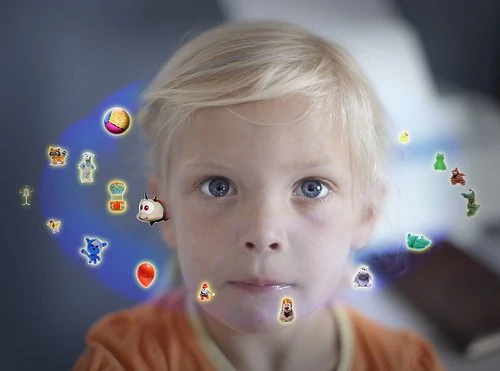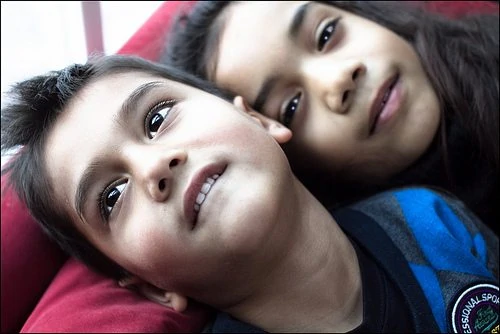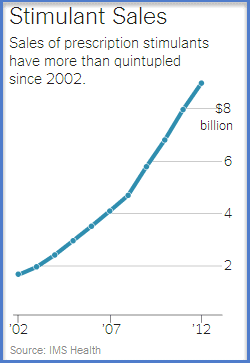Picture a typical first grade classroom and two students whispering to each other even as the teacher begins the lesson. Seeing their distraction, the teacher calls out their names and says, “Please, pay attention!”
What the teacher is asking the students to do, of course, is to focus forward, watch and listen. But the children don’t necessarily know this. What they know for sure is that if they stop whispering to each other and look at the teacher as though they’re listening, the teacher will go on with the lesson. This tells the kids that they have obeyed and that “paying attention” means only facing forward and being quiet. Mentally, however, the students may remain thoroughly distracted.
Tony Eccles/Flickr
Of course, there are many factors that interfere with attention and learning – whether it is the average distraction described above or a chronic state as with children who are sleep deprived, have poor diets or are dealing with anxiety, depression or elevated stress.
When we ask children to “pay attention,” what we’re really asking them is something closer to the concept of being mindful.
Mindfulness, as Jon Kabat-Zinn teaches, is a special kind of attention: “Mindfulness means paying attention in a particular way: On purpose, in the present moment, and nonjudgmentally.” It’s developing awareness of what’s happening both outside and inside oneself, and one’s physical being in the world.
As such, mindfulness has far-reaching effects. It lowers stress, develops concentration skills and improves memory. It nurtures emotional regulation, impulse control and goal-directed behavior. It supports learning preparedness.
Attention is the gateway to learning.
The ability to engage, shift and sustain attention is central to academic and social success. Yet despite increasing concerns about inattention in our classrooms and the need for mindfulness in education, teachers often lack the information and strategies necessary to help their students.
This is why we’ve added a new course to the Yoga Calm curriculum – The Attentive Mind – which we’ll be offering for the first time November 13-14 at Lewis & Clark College here in Portland, Oregon.
In this two day course, we’ll explore the nature of attention, the mindfulness strategies that facilitate it and the factors that are toxic to a child’s ability to focus. This course is designed for both teachers and parents who want to help all children develop attention skills. Topics include:
- What “attention” is
- Biological, motivational and emotional factors that affect attention
- Mindfulness practices to improve attention
- The toxic effects of stress, multitasking and electronic media on attention
- Creating attentive classroom environments
- Instructional strategies that enhance attention
- Special considerations for ADHD, LD, TAG/GATE and other “unique” learners
Pre-registration is required. Ten Washington Clock Hours or 1 PSU Graduate Credit are available.
And for those who are seeking information about specific strategies and tools for children when ADHD is an issue, we also have our ADHD: The Mind-Body Connection course this October 9-10 at Marylhurst College, just south of Portland. You can learn more about this workshop and register for it here.





